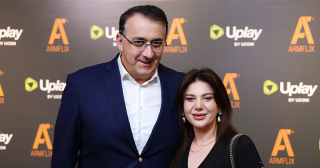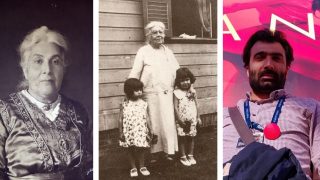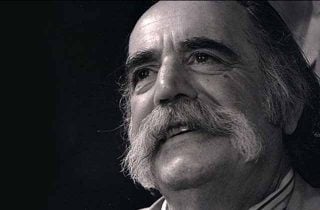I have documented Armenian heritage in Turkey, as so soon we won’t be able to find even these ones: Turkish photographer
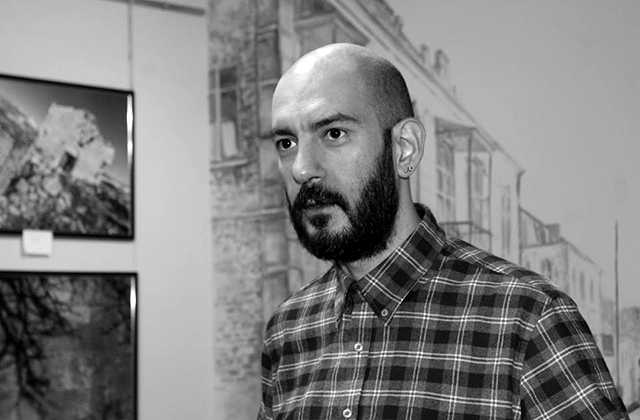
168.am interviewed Turkish photographer Umut Vedat, reflecting to “Who am I?” photo and video exhibition, launched in Yerevan, which mirrors author’s benchmark destinations of self-knowledge, struggle and civil identity.
During the talk issues of Armenian cultural heritage in Turkey, the Armenian Genocide have been touched upon. Turkish roots didn’t prevent the photographer facing his own history.
Umut Vedat’s Yerevan exhibition mainly represents Armenian cultural heritage in Turkey or what has remained.
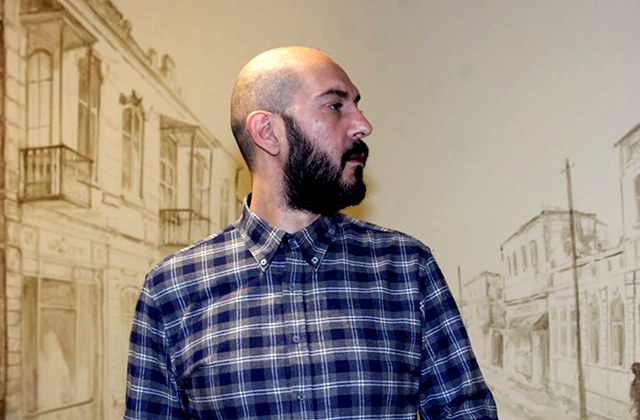
Umut why did you decide to entitle your exhibition “Who am I?” What’s the main idea of the exhibition? Which are target groups in your photos, as ruins of Armenian cultural heritage have been exposed? Maybe they are last photos of fading Armenian heritage in Turkey.
First of all I should clarify that I would never be supporting any kind of idea, ideology that destroys any cultural heritage not only in Turkey, but also anywhere on Earth. I had been traveling and documenting this heritage as so soon we will not be able to find even these ones, too. So, since I am not supporting to destroy or create these ruins, I believed they should at least be documented. The main idea of the exhibition is also that. That’s why it is entitled “Who am I?” which means—“Who is Umut?” How he thinks? What’s in the focus of his attention? (While there is Armenian heritage, also travel photos, fine art, installations, environmental photos or photos from the riots in Turkey)
And it is easier for me to express myself with visuals, then words. So this year I’ll start to write a screenplay of a movie, and before I start, I wanted to share and open up my archive, especially related to the Armenian heritage since I’d been documenting for 6 years.
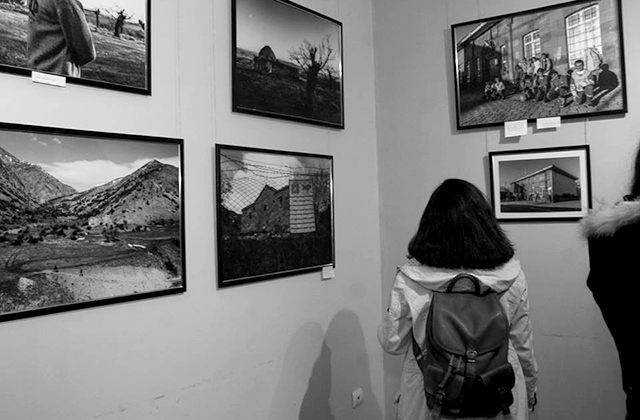
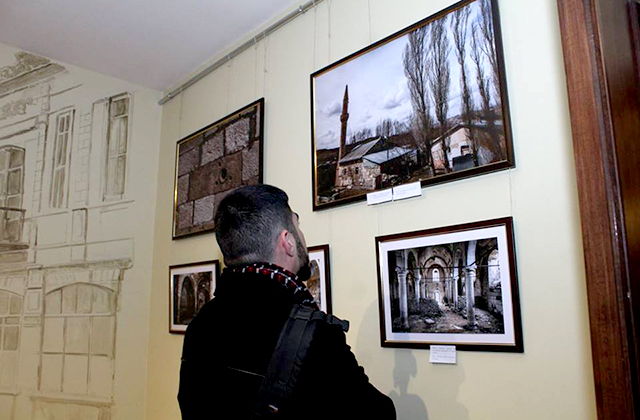
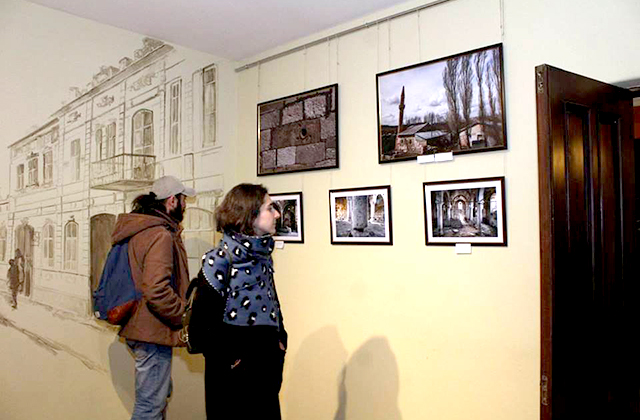
I wanted to take feedback, to understand expectations of the Armenian society. Since 2010 I have visited Armenia very often, I have met a lot of people and made friends, but I needed to reach and widen the reach of what I am doing in various levels of the Armenian society, to emphasize and to understand more, and with these feedback and involvement of the Armenian society, the screenplay of my movie will surely be a better way due to the feedback of the Armenian society.
What did you understand from your trip to Anatolia? Houses built by Armenians, where now Kurds or Turks live, are exposed in your photos. What do they know about it, regarding whose houses they have formerly been, who have lived in those territories a century ago?
The biggest problem in Turkey-Armenia relation is the following: in Turkey most of the people have no idea and have never thought about the fact that there was Genocide, due to 100 years of governmental police, none of the Turks has any idea of the unspoken, forbidden truth. So, they never question if there was the fact of Genocide, because they have no idea if there were Armenians living before.
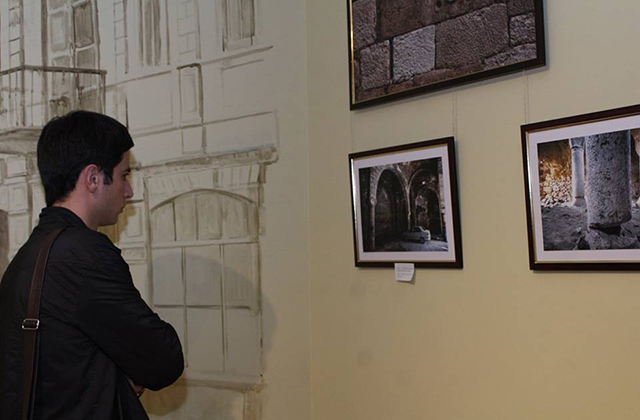
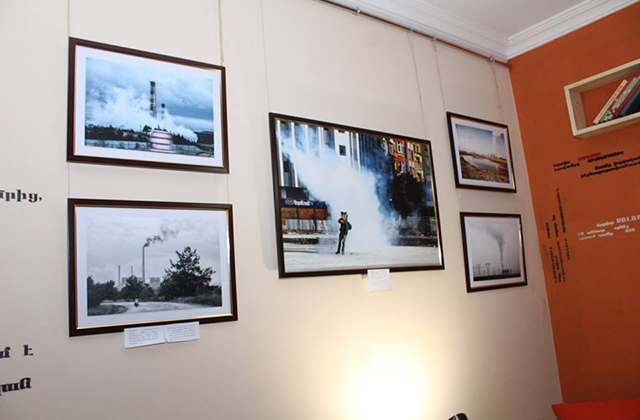
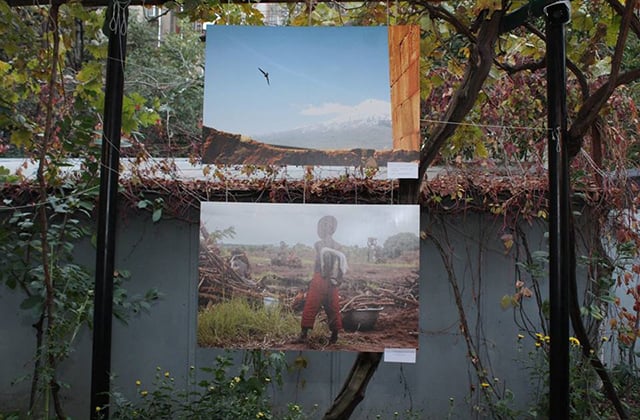
But if you ask who live in Western Armenia, nowadays Turks and Kurds will reply. By my travel what I realized is the fact and the consequences of genocide. Yes, in Turkey’s Kurdish region most people are aware of the fact that Armenians were living there before, and most of them are ready to reconcile. But Turks, living in the region nowadays, are one of the most nationalist ones, and they have no idea other than the state exposed ideology.
In your exhibitions there were photos reflecting to fight of activists against the Turkish Government. I mean photos describing fight in Gezi Park. Is it possible and easy to fight for your own rights in Turkey?
If you asked this question 2-3 year ago, I might have answered differently, but within nowadays state of emergency, basically, all human rights are withdrawn for citizens, and people are afraid of being like Syria.
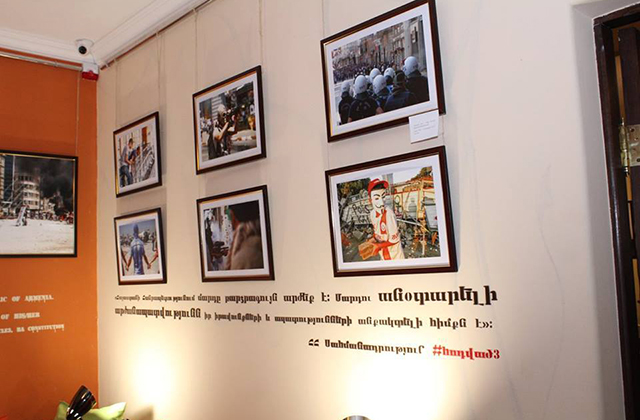
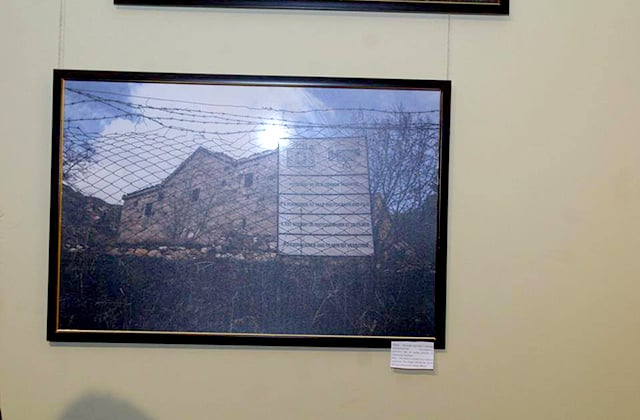
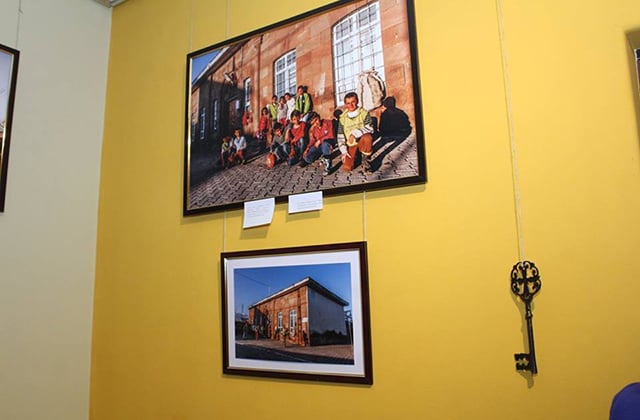
Umut, is it easy for you, as a Turk, accept the occurrences, taken place 101 years ago? Can we say that considerable time will be necessary until the Turkish Government accepts the fact of the Genocide, as lots of Turks don’t know their history?
Yes you are so right that the main problem in nowadays Turkey is that people don’t have any idea about the history. The state ideology is to hide the facts happened more than 100 years ago, to create non-questioning society over what had happened. If you don’t know what had happened, so there will be nothing to question, regarding the ideology the state exposes.
Umut, a few days ago, Turkish police arrested pro-Kurish HDP co-leader Selahattin Demirtas and other parliamentarians. Does this mean that Erdogan is afraid of the opposition—closes newspapers, detains reporters? What do you think, is Turkey becoming a more dictatorial regime?
Yes, Erdogan is using the same mechanism as Kemalist ideology had been using more than 90 years ago, but people mostly are more afraid to be like Syria. They think that in the 21st century this oppression will still work, but is destined to collapse soon.
It is definite that this coup attempt gave the right environment to make the things the way they want. There is no parliament anymore and human right is withdrawn. It’s been 5 years that they are willing to intervene with Syria, which was blocked by the parliament. Thus, without a parliament, without any human right, without any right to protest, they now have the right to do anything and to justify their steps. Obviously, this coup attempt was the worst thing, that blocked any solution, and the worst thing that could happen to Turkey nowadays, but best thing for the government itself.
By Karmen Ghukasyan








